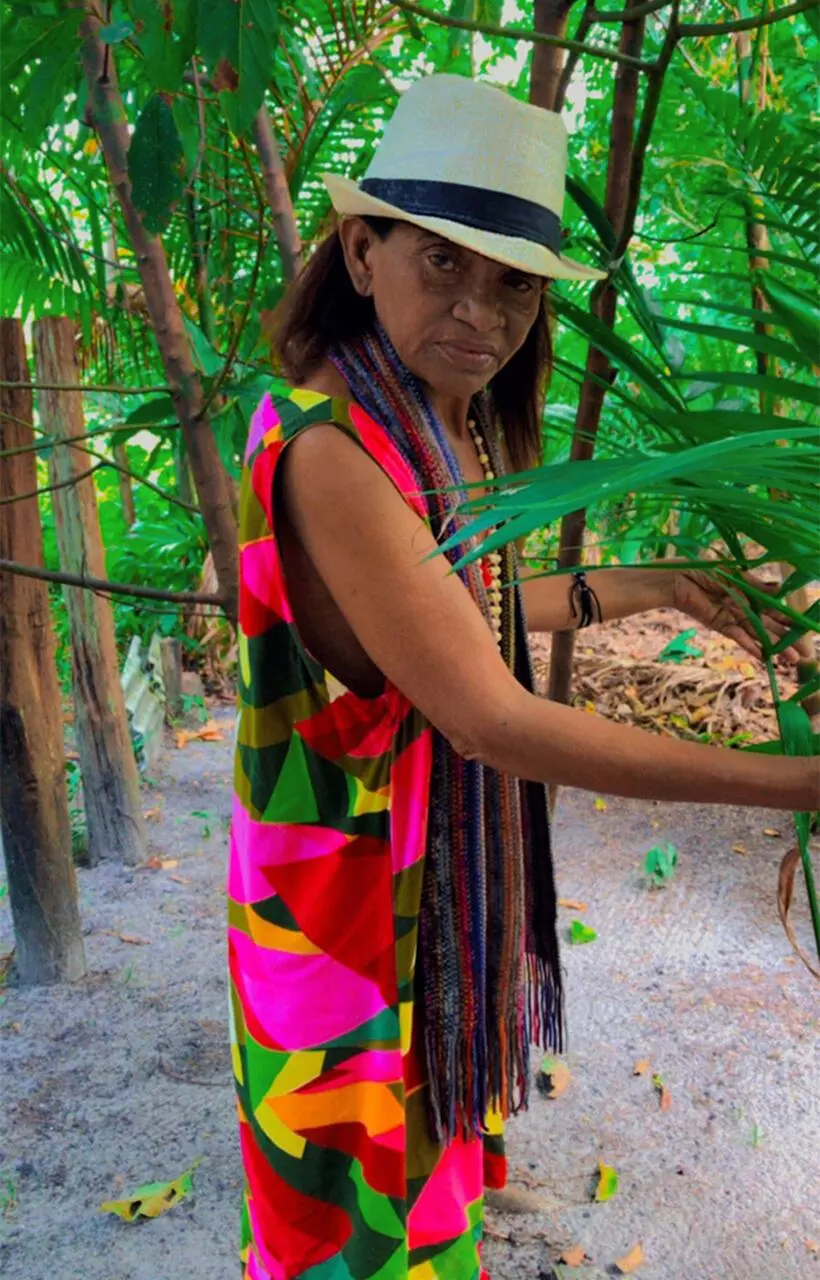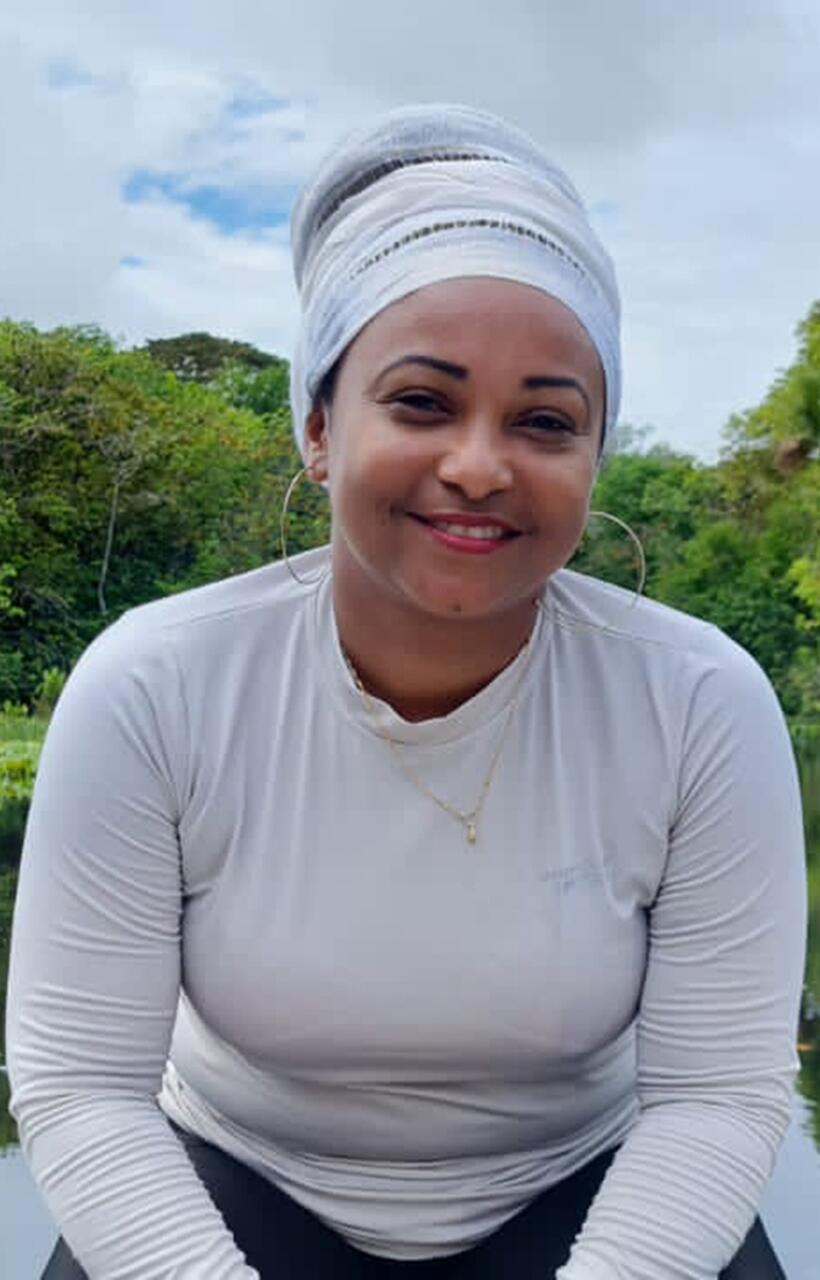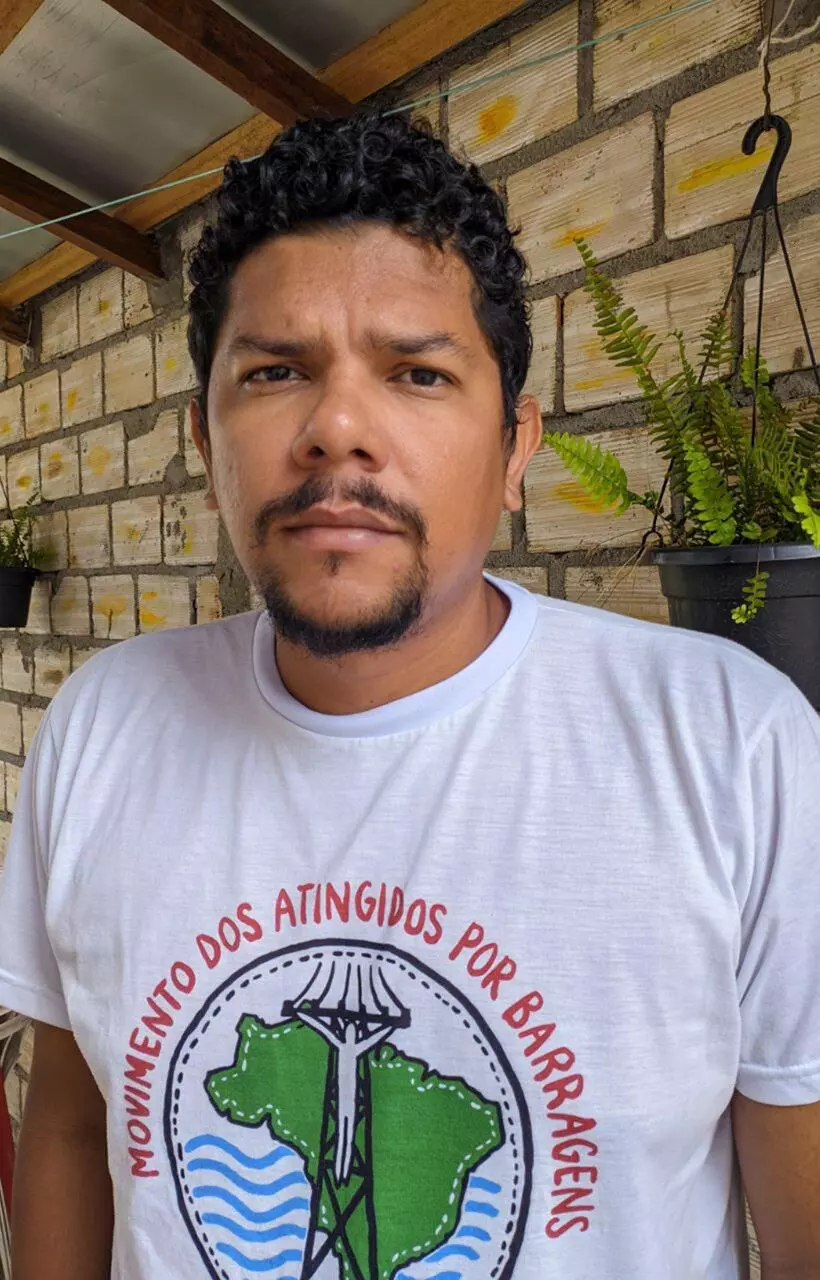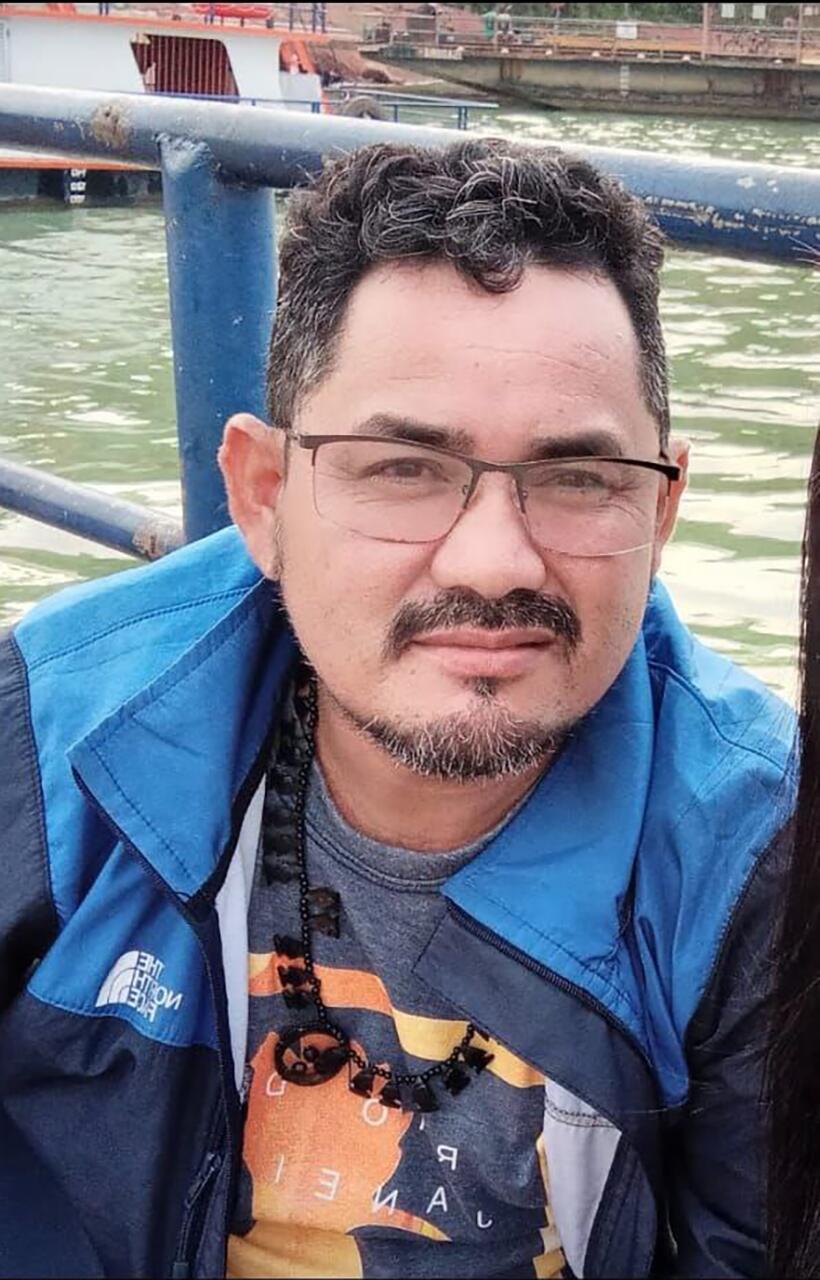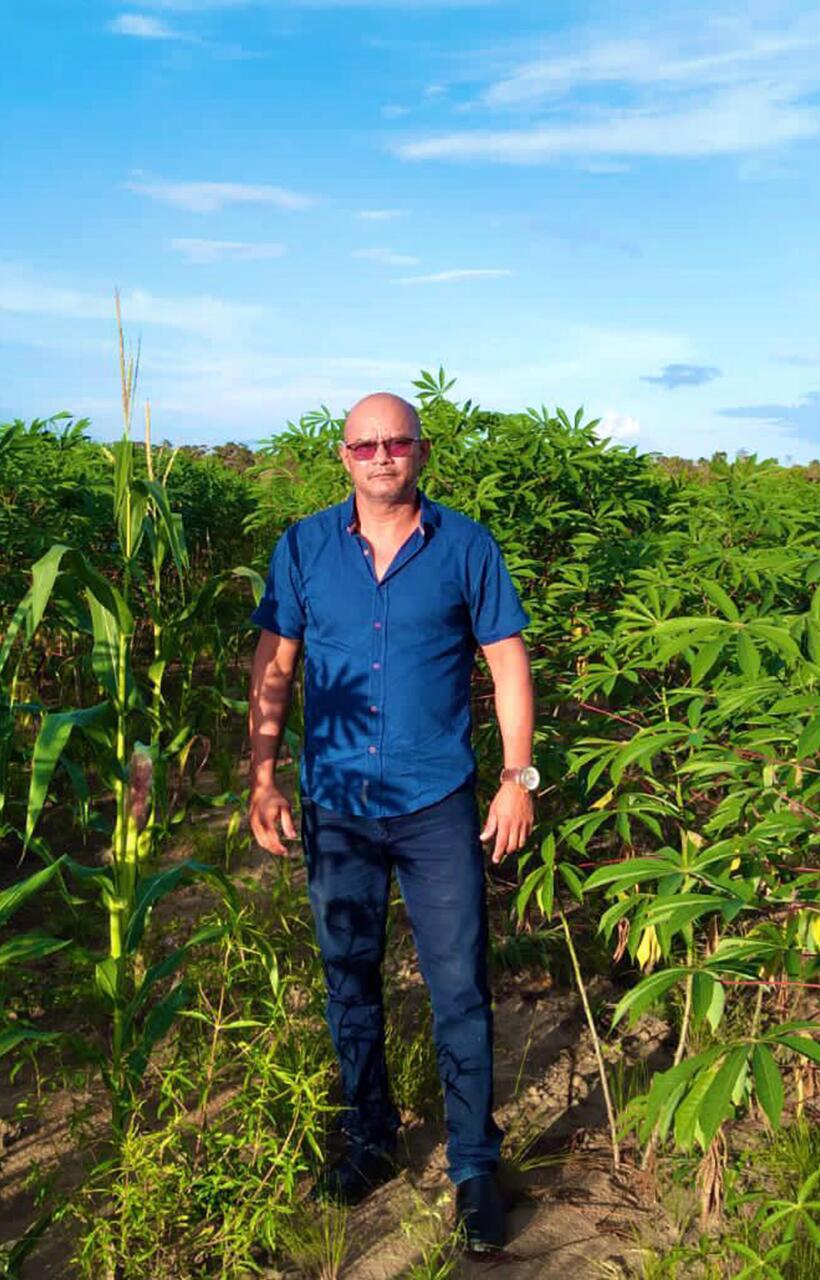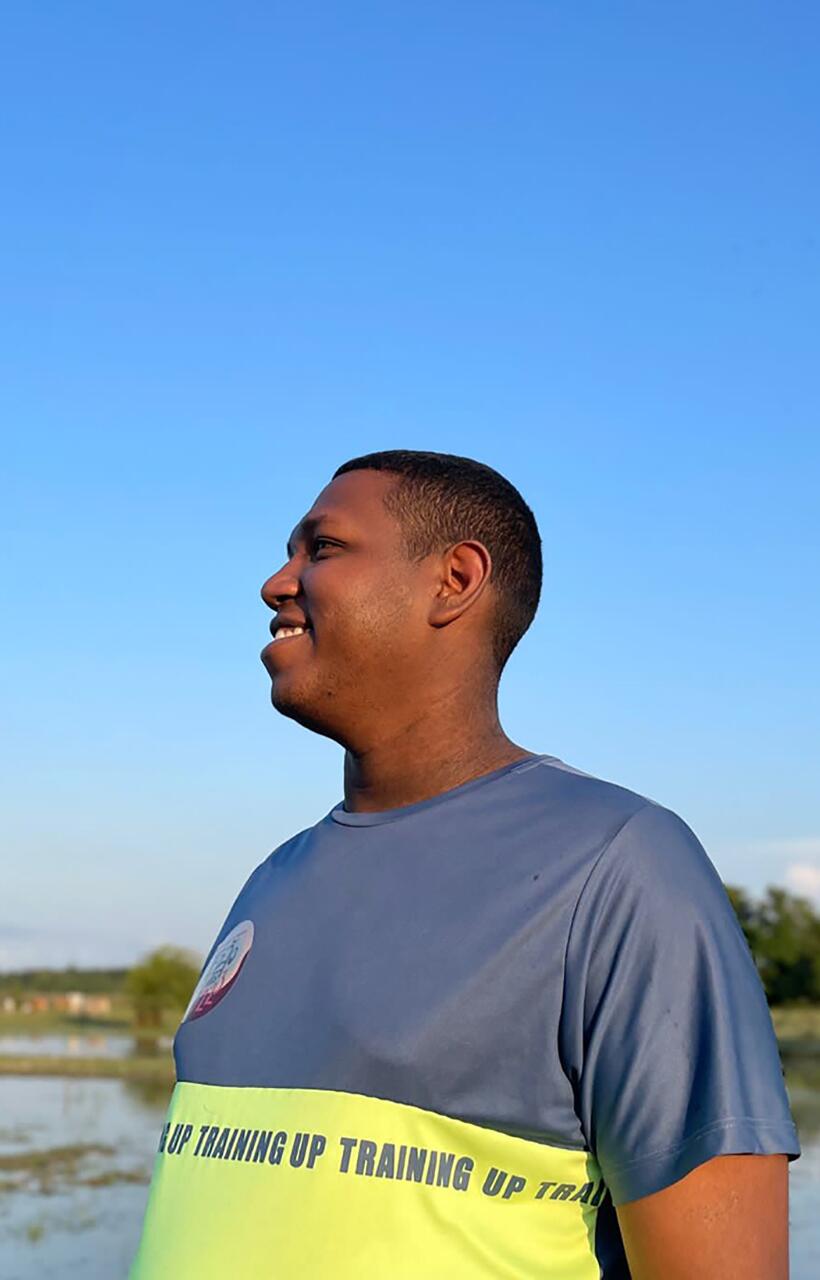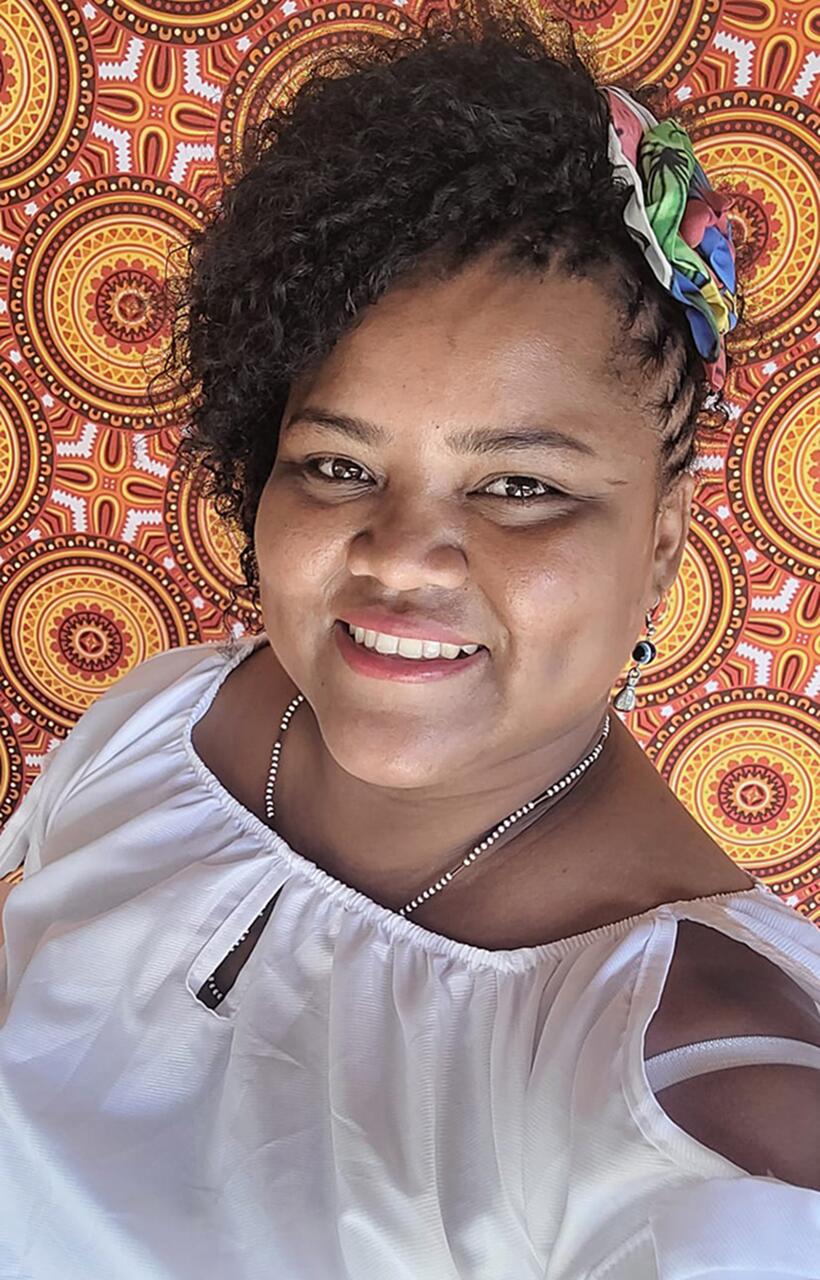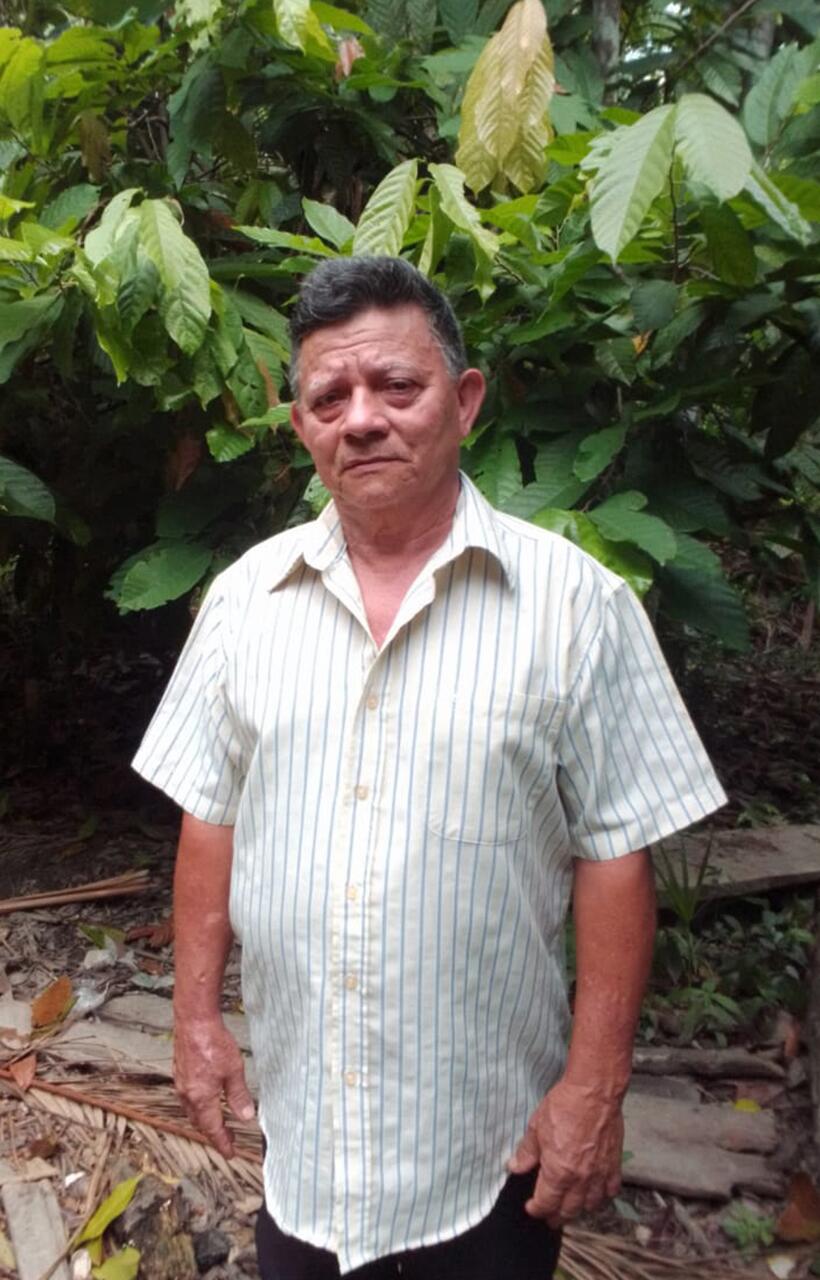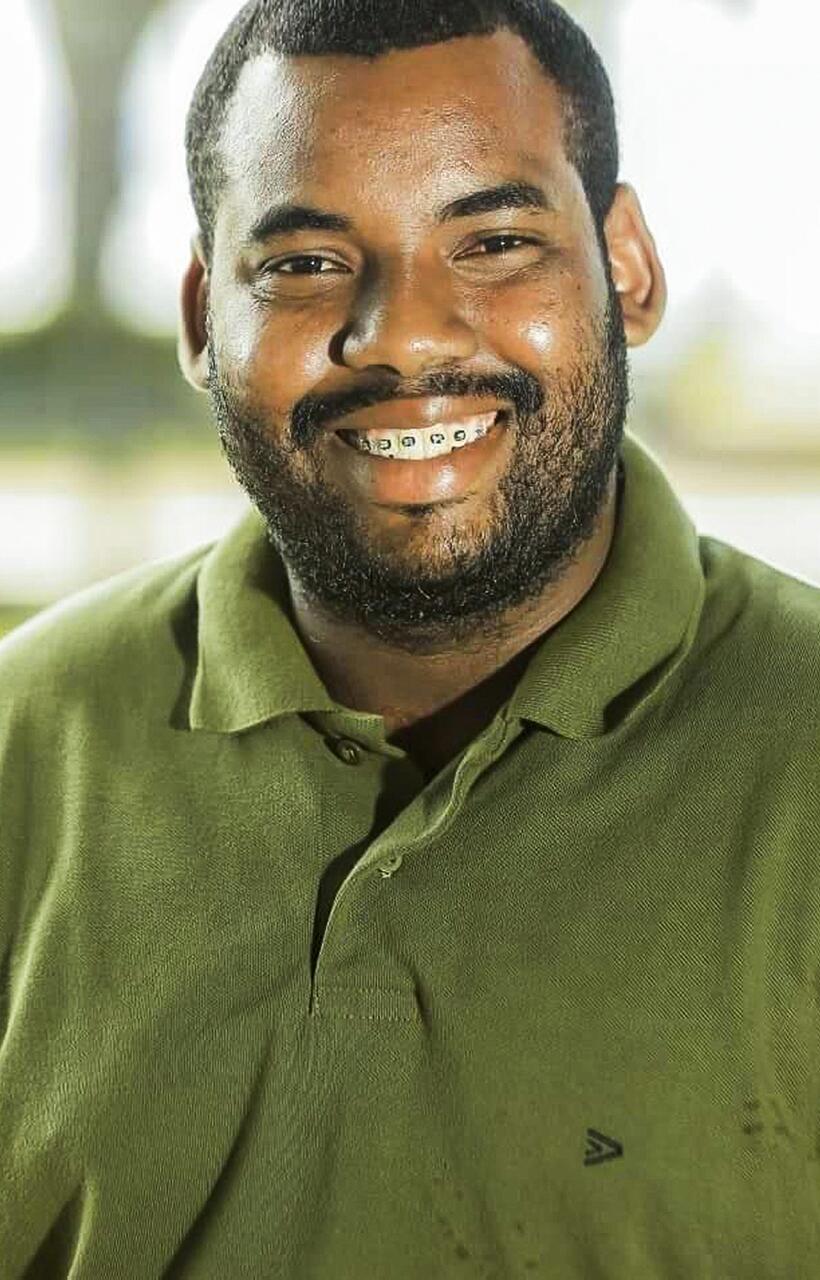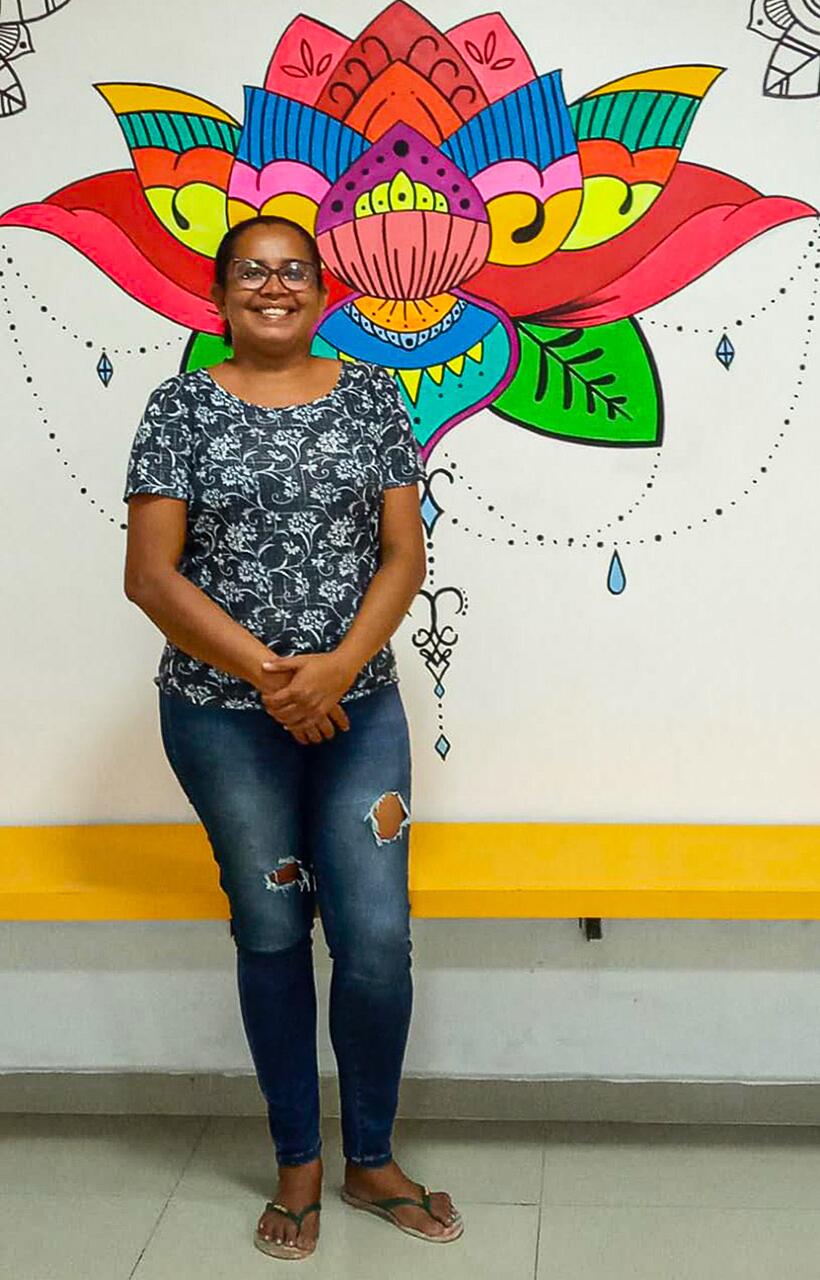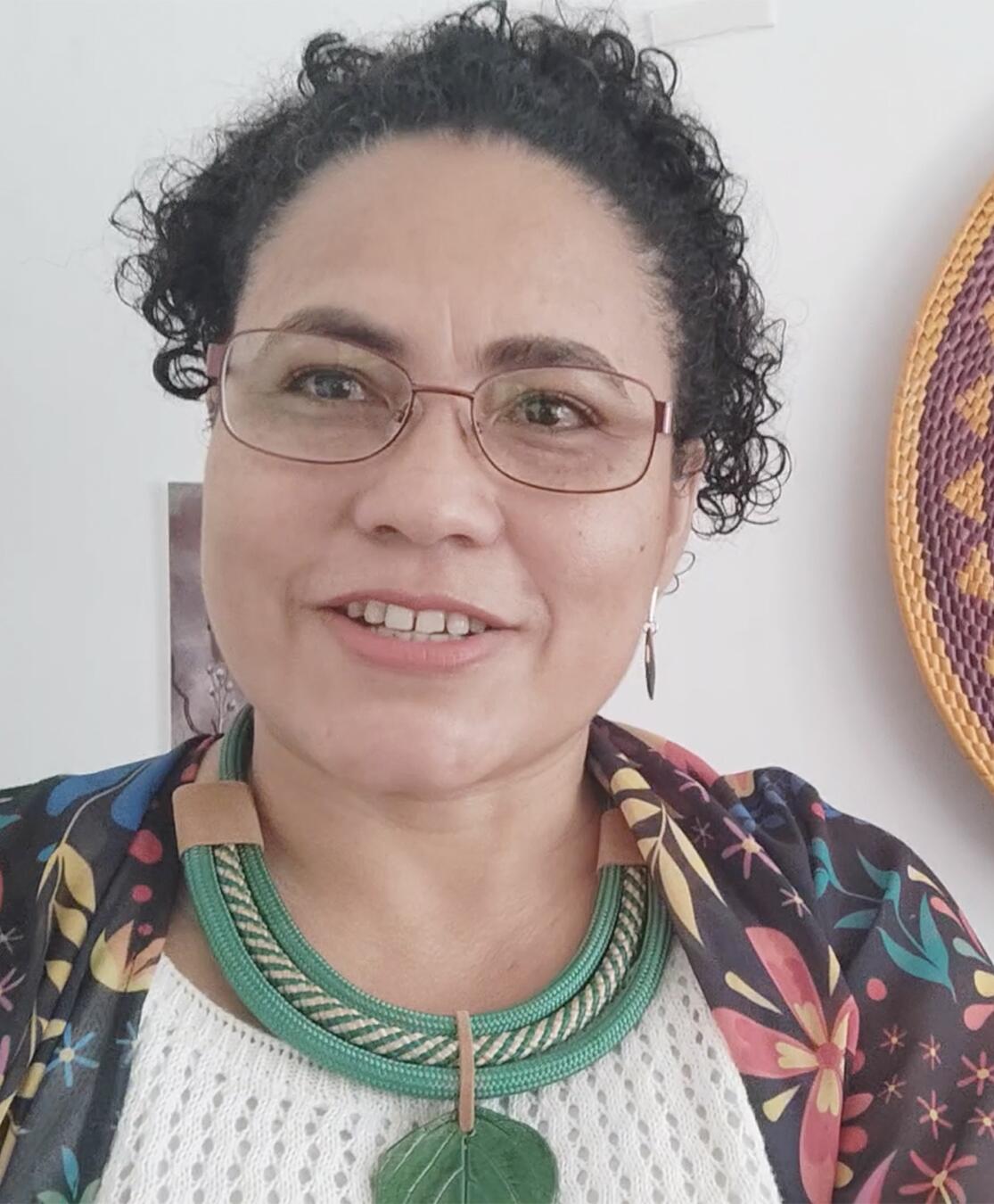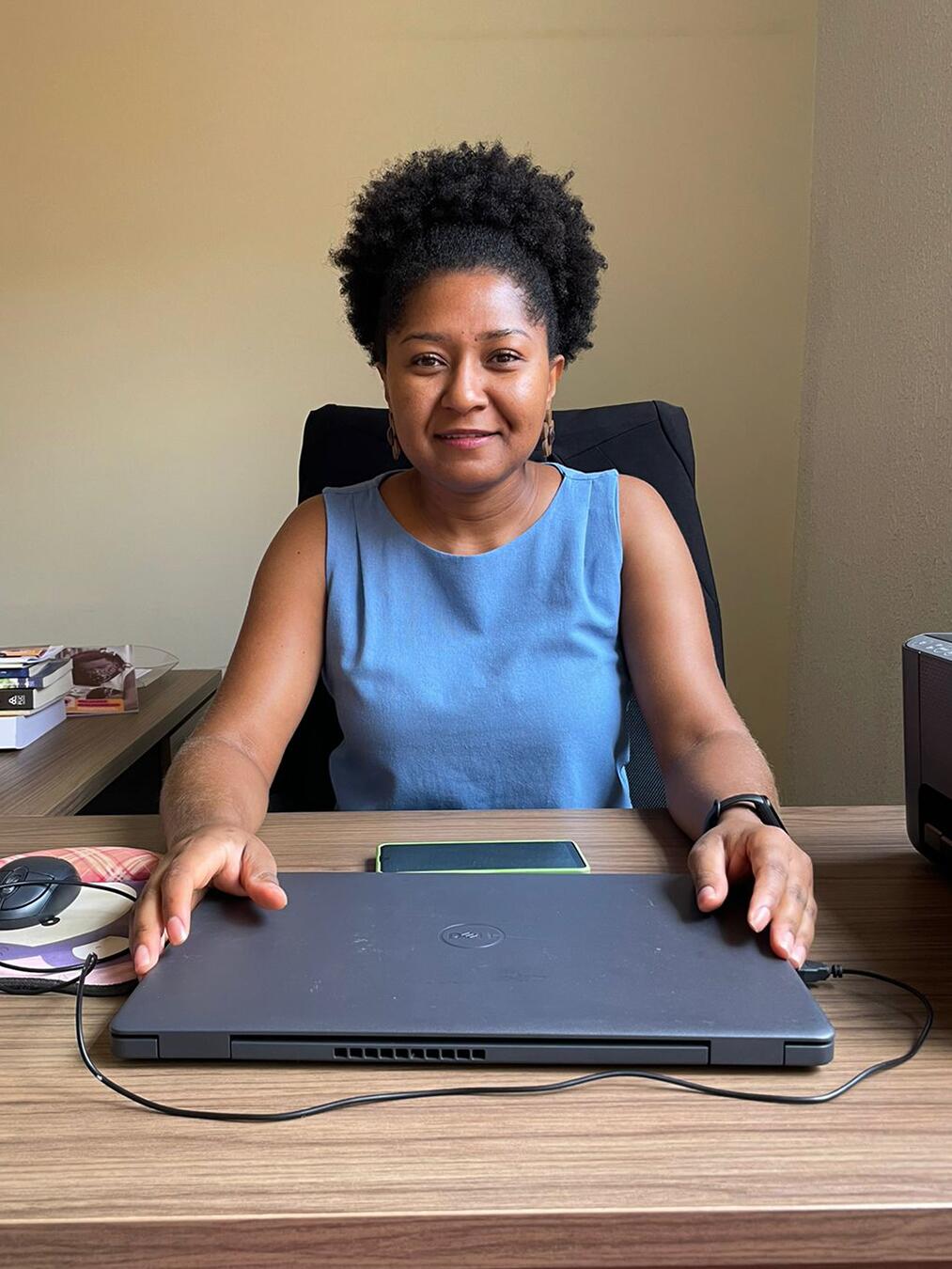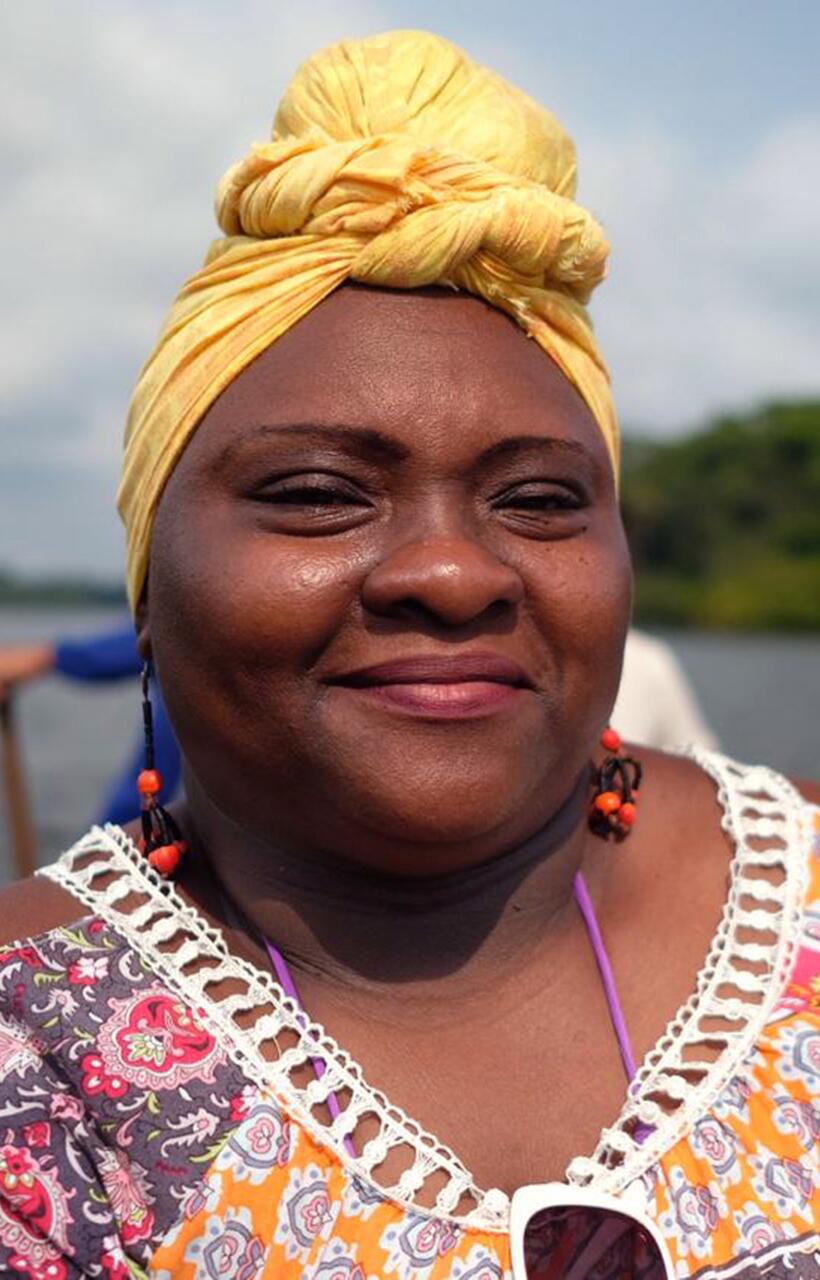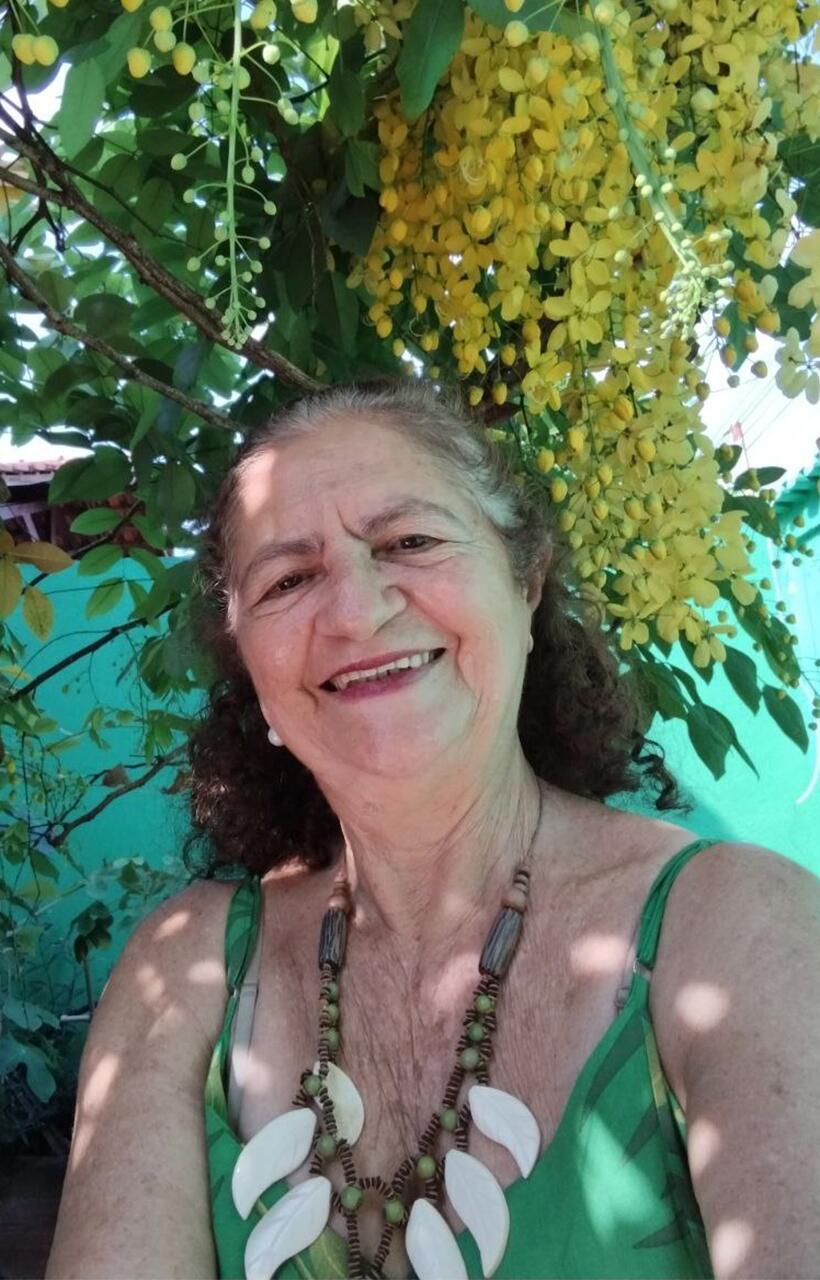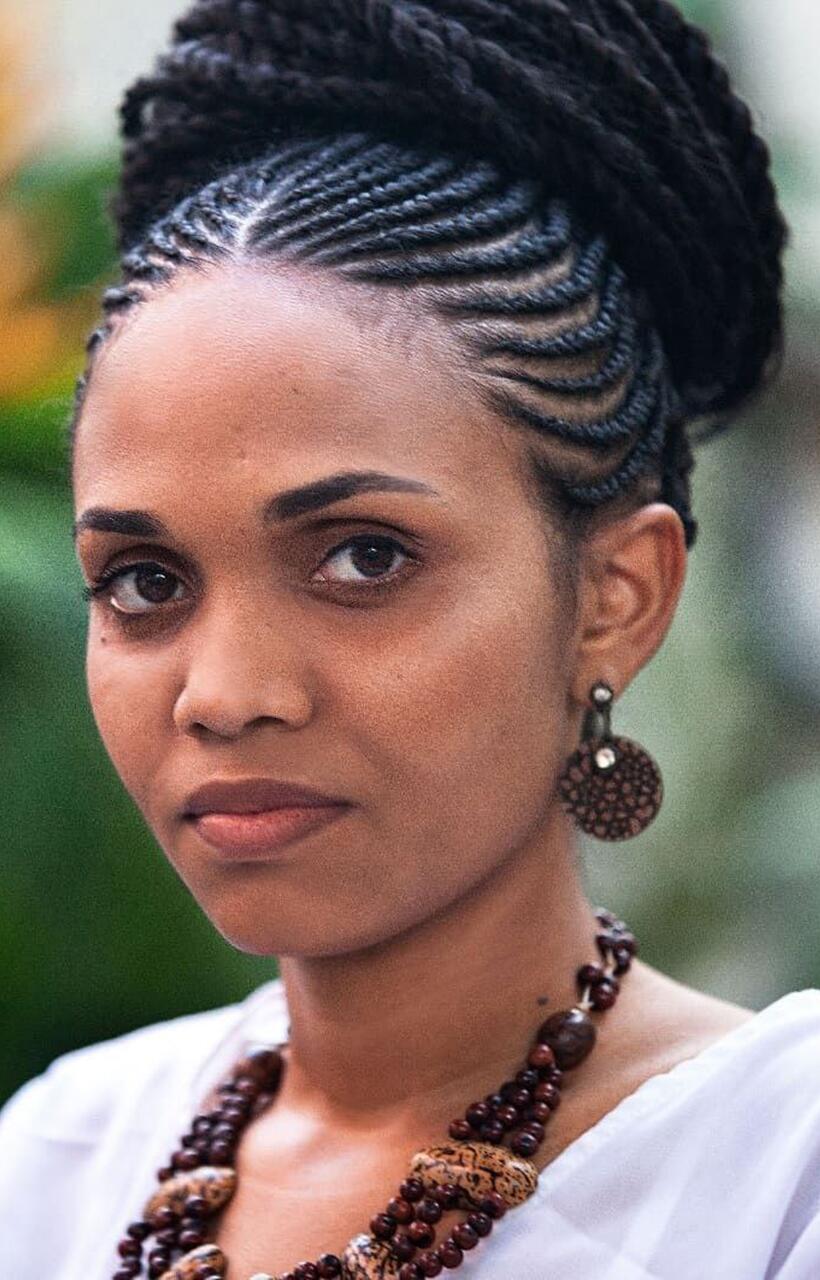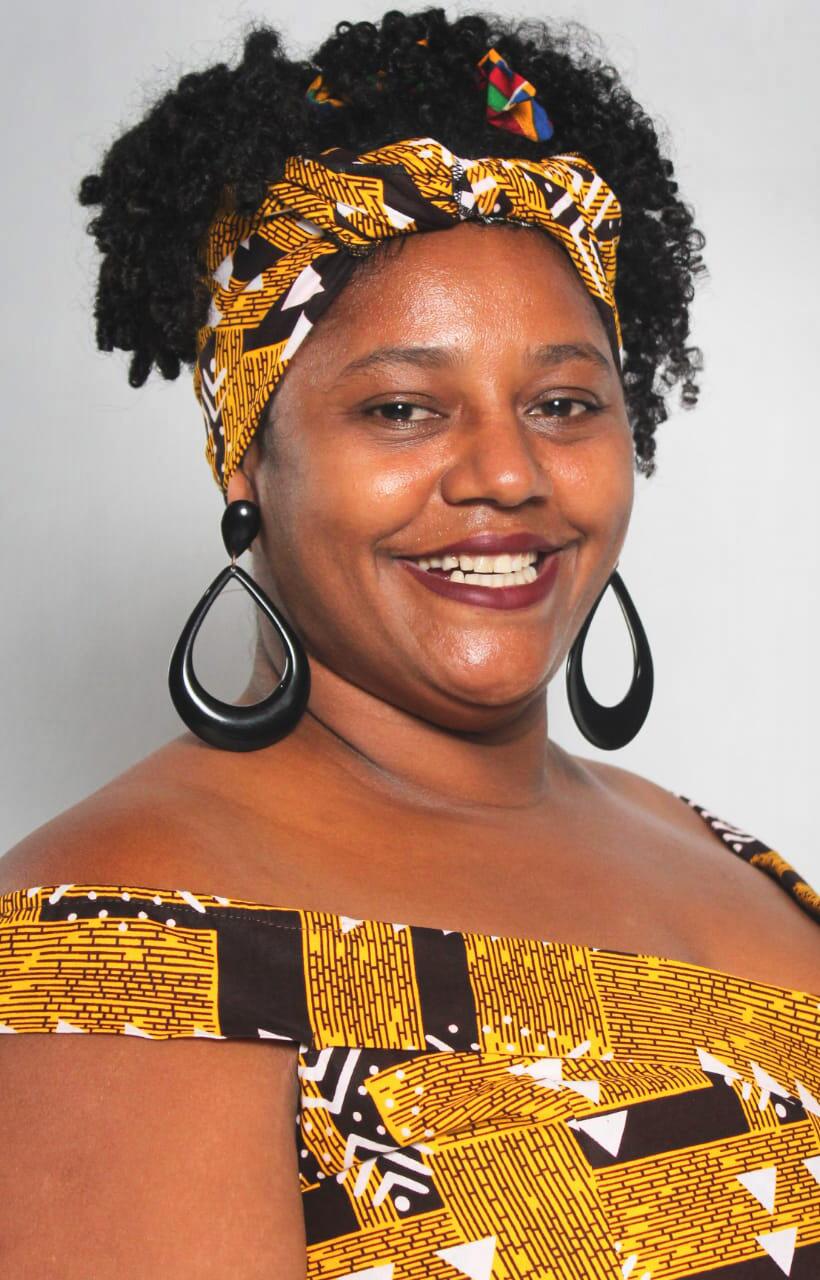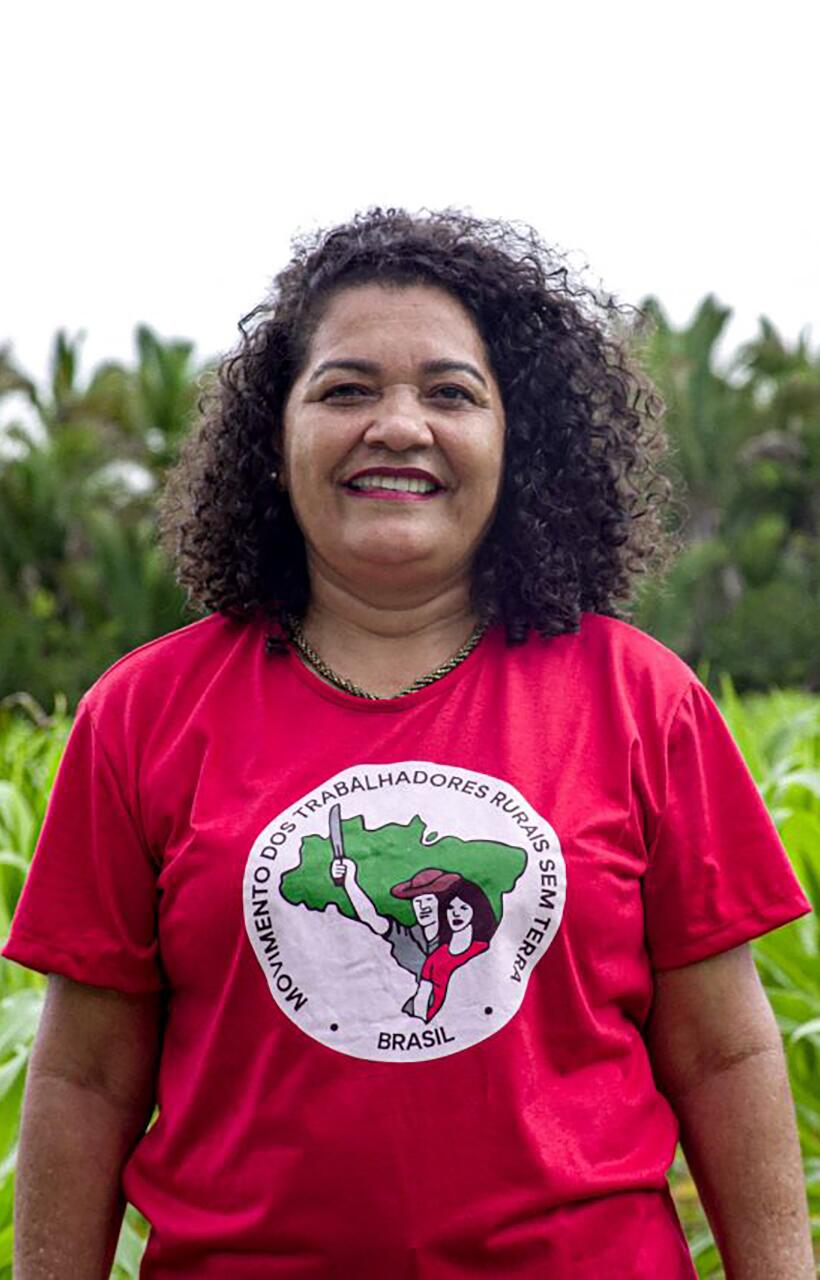Racism can only be overcome through the occupation of power. When Brazil’s new president-elect Luiz Inácio Lula da Silva, better known as Lula, puts together his transitional government and the team with which he will govern once in office, we will know if his stated commitment to the Amazon and other natural enclaves is genuine. Policies for the peoples of the forest and other biomes are not enough. Policies with these peoples are what is required.
In the first part of this series, Brazil’s native peoples expressed, in their own voices, their desire to play an active role in government. Now, it is the turn of the riverine residents, quilombolas (those who live in communities originally founded by escaped enslaved peoples), agroecological workers and leaders of social movements of the Amazon to tell Lula they want a government in which they are not only heard, but have an active role in the decision making process. “Nothing about us, without us” is a slogan used in the Amazon too.
The history of Brazil’s fragile democracy shows that native peoples and traditional populations have rarely occupied such a role. The closest these communities came to having a representative at the top level of government was when Marina Silva was Minister of the Environment under Lula, from 2003 to 2008. Her upbringing as the daughter of rubber tappers, and the experience of fighting alongside Chico Mendes (1944-1988) in the Acre “empates” (“barricades”) movement of the 1970s, when adults and children from the forest stood peacefully in front of bulldozers and armed henchmen to stop deforestation, influenced every decision Marina made. Tellingly, the achievements in reducing deforestation Lula spoke of during his campaign were from her time in government.
The next few days, in which Lula will choose who will work alongside him both in these two months of transition and in the construction of ministries and their teams for the year ahead, will show the path the government intends to take. It did not go unnoticed that his victory speech, which featured passionate commitments to the Amazon and its peoples, was delivered with the president-elect surrounded by mainly white, mostly male, faces. For words to become more than actions, this ethnic-racial and gender mix needs to change in the coming months.
If few will listen to the indigenous peoples in Brazil, the problem is even greater for the country’s traditional non-indigenous forest populations. Quilombolas and those who live in riverine communities are even more invisible than the indigenous people. Still worse off are the agricultural workers of the forest, whom sections of the environmental movement see as intruders. But over the last four years, several leaders of family farming settlements have risked their lives defending the forest and other biomes against land grabber and logger militias.
As part of this debate, SUMAÚMA here brings the voices of the Amazon’s riverine and quilombola communities, and those of the forest’s agroecological workers and the leaders of its social movements, to Brazil and the world.
Socorro do Burajuba
My name is Socorro. I’m known as Socorro from Burajuba, and I’m a quilombola leader from the municipal district of Barcarena, in the state of Pará. I hope when Lula takes office he’ll pay attention to the people of Barcarena and Abaetetuba, and from the islands of Pará. There’s a real problem with contamination here. We have heavy metals in our blood, and we can’t plant, harvest or sell crops. Each new generation is born and dies, and every day we die a little too, from the mining companies’ heavy metal poison in our blood.
I hope Lula will speak to the mayor and the state government and quickly build a large hospital in Barcarena, with specialist doctors. We desperately need a toxicologist to analyze our test results, prescribe medicines, and carry out imaging exams, so there will be future generations of forest people.
Without this, who knows if the quilombolas will even survive? That’s why this matter requires Lula’s urgent attention. Another issue is that the ownership of quilombola land in Barcarena needs to be formalized. So we have another item for the agenda: we, the contaminated riverine population of the quilombola community of Burajuba, want Lula to buy some land. There’s land in Barcarena, but it has to be a long way from the [mining] company, where we can maintain our livelihoods and carry on with our agricultural activities. So that we can have our identity back.
Erasmo Theófilo
We hope, Lula, that your government will be more humane and work for the poor who elected you. That it will be a government especially focused on agrarian reform, on strengthening Incra in our region of the Amazon, and on bolstering Ibama (the Brazilian Institute of the Environment and Renewable Natural Resources). Incra needs to once again have more humane employees, who know how to work with our communities. We had all this under your government, and we’re hoping for it again.
We hope that you’ll come and see our region, especially the area between Altamira and Anapu. Belo Monte [hydroelectric plant] has caused a lot of harm there, and continues to do so. We hope you’ll save our region and prevent its destruction, which may come with the construction of the satanic Belo Sun project, which will contaminate our rivers, our people and our forests, and destroy this region once and for all. We hope you come and feel what the Amazon is.
I’m speaking to you, Lula, with all my heart. The Amazon must be preserved, it must be conserved, and the rights of its people must be respected. We can’t be the breadbasket of the south and southeast. They want to come here, destroy our region, plant soy, carry out massive industrial projects, and to hell with the Amazon, the forest and the people in it. We were here before they arrived, and we want to remain. But we want to be able to live and work too. We want development, but development has to go hand in hand with environmental conservation.
Erasmo Theófilo, Anapu, Pará, an area of intense agrarian conflict, currently in hiding with his family after receiving threats
since the beginning of the Bolsonaro government in 2019. Human rights defender and activist for a standing Amazon rainforest, agricultural worker
Josilana Santos
My name is Josilana Santos. I’m a black feminist and a quilombola and cultural activist from the Amazon. Above all, I’m a strong woman, as are the majority of black women in this country.
I really hope, as a political and social activist, that this new government will implement policies for racial equity.
The last electoral process revealed how deeply racism, misogyny, xenophobia, and every form of prejudice and discrimination are entrenched in the foundations of Brazilian society. We need to think about affirmative action policies to bring about equality. We need to acknowledge how things have changed, where there’s been progress, and mainly, where we’ve gone backwards.
I want a government of hope, and the first urgent step must be to start formalizing the ownership of quilombola land again. This is fundamental for Brazil, because black men and women are dying in defense of their territories. Quilombolas are being thrown off their lands. We need policies to ensure the ethnic and territorial rights of black, quilombola, and traditional communities in our country.
We spend our lives waiting for initiatives to improve things; now we need action that is “for us and by us”. We urgently need the Palmares Foundation to be run by black people again. They are who will create affirmative action policies for Brazil.
Jackson Dias
One of the first things Lula should do is increase inspections in the Amazon to stop the deforestation caused by illegal mining and cattle ranching. Other important and structural measures would be the creation of a national policy on the rights of those affected by dams, supporting family-based farming, and the strengthening of bodies such as Funai (Brazil’s federal agency for indigenous affairs) and Incra to create settlement plans and also ratify indigenous lands.
Ageu Lobo
We hope Lula strengthens Incra (the National Institute of Colonization and Agrarian Reform) and the Chico Mendes Institute for Biodiversity Conservation, allowing them to remove the invaders from our territories, something that traditional communities have been fighting for for years without a response. We also hope the government develops the economy for our peoples, so that we can defend the river and forests even more effectively together. This is our hope, especially now, with the creation of a Ministry of Indigenous and Native Peoples.
Marcelo Correia
What do we expect from the new government? That value is placed on education, and especially quilombola culture. This is more important than ever because we’ve been forgotten for the last four years, massacred by the policies of a government which did nothing for the quilombola communities.
First of all we need dedicated people at the Palmares Foundation (government institution for the promotion and preservation of Afro-Brazilian culture), so that it produces policies aimed at improving the quality of life of Brazil’s traditional people, the quilombolas. We have land, but we need our ownership legalized so we can pursue projects to improve the quality of life of our people, who have been massacred by a lack of supportive government policies. Thank you very much.
Antônia Martins
First of all, Lula’s victory is a relief, although we know we have huge challenges ahead: as a nation and as a region, especially in this first year. We hope Lula will deliver on his commitment to the communities of the Amazon: to end illegal mining on indigenous and protected lands. Another very important issue for the region is health. The Amazon has suffered enormously since the Covid-19 pandemic, with long waits for other treatments. Lula needs to understand the importance of solving these problems.
Even more importantly, the Workers’ Party government owes a debt to the peoples of the Amazon, from the huge engineering projects carried out under previous governments, which have caused more harm than good. We, from the Amazon, have to stress to Lula that this model [of development] doesn’t work, and that we have to continue listening to the communities, to our people, to the riverside and indigenous peoples, and to the women and the youth of this enormously diverse region. When we talk about the Amazon, we aren’t just talking about the communities in nature (indigenous and riverine peoples), but also about the urban Amazon, which has experienced an influx of criminal factions. It’s a lot to deal with. We trust Lula’s political abilities, but we must always remember how important it is to listen to the peoples of the Amazon.
João de Barros
Hi everyone, how are things? My name is João de Barros, and I’m from the Ambé quilombo in the state of Amapá. What I most want from the new administration is that Incra resumes all its previous functions, including the official recognition of our communities, which is one of the key requirements for guaranteeing government investments for quilombolas. And for making sure we’re included in the budget, and don’t have to resort to control and inspection bodies to access basic needs such as health, education and access to urban areas.
Ticynha do Quilombo
Hello, my name is Patricia, but in my culture I’m known as Ticynha from the Quilombo. I’m speaking from the Alto Pirativa quilombo, in the municipal district of Santana, in Amapá. What to expect as a black, quilombola, riverine woman in Amapá? What to expect from the Lula government? Those of us on the frontlines need Lula to continue doing what he did back then. He gave time and a voice to the communities. We need him to make sure government policies reach their destination, the communities that are a long way from the capital. That’s what we need: that 100% of the results of these policies reach our communities.
João Rodrigues Filho
My name is Joao Rodrigues Filho, and I’m a traditional extractivist. I live in a riverside community on Ilha Grande, in the island region. I hope the new government will have a broad vision for agriculture, health care, education, and social programs. Our riverine communities need support; we need access to credit and to be able to work, grow crops, and increase our income. We work with açai, cocoa, fishing, and bird keeping and breeding, among other activities.
We hope the new government includes us in its social programs, in everything to which we have a right, so we can keep working, live with dignity, be healthy, and provide for our families.
We need to expand our plans and grow our family income, to have the resources to continue planting and harvesting crops. I’m retired, but I’m still planting, breeding, and growing. This is what we want from the new government. This is what we need, right now: for our young people to go to university again, and to have good-quality education, health care, and public safety. This is what we expect from the new government.
Daniel Ramos
My name is Daniel Ramos. I’m a quilombola from the Curiaú quilombo in Macapá, in Amapá. I hope the Lula government appoints someone who values our customs and traditions to run the Palmares Foundation. Someone who values themselves as a black person. I don’t want to see a repeat of what happened under the last government [previous Palmares Foundation director Sérgio Camargo refused to recognize racism exists in Brazil]. The Palmares Foundation is our most important foundation. We sincerely hope whoever is appointed genuinely values us and gives us legal ownership of quilombola areas […] throughout Brazil.
We don’t know what tomorrow will bring, as our elders say. I hope they grant us this land ownership. I hope they respect our traditional communities, the quilombola peoples, who have already done so much for this piece of earth called Brazil.
We’d like to express our admiration for Lula. We hope that our plea reaches the relevant government agencies, as well as Lula himself, who has always cared about the black population. I hope this plea for respect, this message that the black people of Brazil belong, reaches him.
Ana Rita Picanço da Silva
I, Ana Rita Picanço da Silva, from the Conceição do Macacoari quilombo, in Macapá, Amapá, would like to ask Lula to make sure his new government guarantees the rights we were granted by the Constitution so many years ago. Especially the legal ownership of our lands, so that we may live and co-exist in peace, legally, as is our right under the Constitution. I hope to be able to count on this right, and that it functions as a guarantee for land where the legal ownership has yet to be confirmed, and a protection for areas where ownership has already been formalized. Thank you very much.
Edel Moraes
With the election of President Lula and the announcement of the creation of the Ministry of Indigenous Peoples, our expectation is that the Ministry will be led by someone who represents the interests of the indigenous peoples of Brazil.
For my beloved Marajó I hope the “Embrace Marajó” program [the regional development program of the Bolsonaro government], which was nothing more than the embrace of a serpent, constructed without the participation of the local people or communities, is scrapped. I also hope that Lula has an action plan for the region which involves the entire Marajó community.
As traditional extractive communities, we want the regularization of the land tenure of our already demarcated territories and the demarcation of lands still waiting for this process. So, it is a time to feel hope, to redouble our efforts and to continue strengthening the democracy of Brazil.
And the president should bring back all the areas for participation and dialogue that were destroyed during these last four years. A Brazil of hope is what we want right now.
Vercilene Dias
We quilombolas hope that President Lula opens a space for dialogue with our community, a space that was restricted to us over the last four years. It was only possible to dialogue with the Bolsonaro government following a judicial decision. We hope that this space for dialogue will be opened so that we can work together to reconstruct public policies aimed at the quilombola population, in the structuring of public bodies. And that this restructuring comes with budgetary availability to allow the policy of establishing legal title of quilombola territories to continue.
Ísis Tatiane
My name is Ísis Tatiane. I’m speaking from the Curió quilombo, in Amapá. I’m president of the Women’s Association of my quilombo, and I hope Lula’s government will be one of hope, and real change, not only in terms of social policies, but also in relation to the economy, culture, and climate. I really hope Lula nominates someone with vision, someone responsible, as director of the Palmares Foundation, who can implement what needs to be done. That’s the only way we can carry on the process of formalizing ownership of quilombola land, ensuring the right to survival of these communities. They need assurances that this land belongs to them, and that future generations will inherit it, which is guaranteed by the Constitution.
Antônia Melo
We back the Lula government’s proposal of zero deforestation for the Amazon. And also the need for proper funding and qualified staff for inspection bodies like Ibama, the Chico Mendes Institute for Biodiversity Conservation, Funai and Incra. There can be no more development projects that destroy the rivers of the Amazon and its peoples. We want Incra’s contract with the Belo Sun mining company in the area of the Ressaca Settlement, in Volta Grande do Xingu, cancelled. We want a policy to install solar energy in traditional communities and impoverished rural and urban areas. The Amazon and its people are crying out for justice, respect and human dignity.
Daniela Silva
One of Lula’s first actions for our region should be to implement policies aimed at the children and young people who have been impacted by large infrastructure projects, such as the Belo Monte plant. There is a generation of children who have been pushed to the outskirts of cities in the Amazon and don’t feel they belong in such places. We need policies based on culture, education and citizenship, focused on reconnection and salvaging the feeling of belonging to the Amazon, for this generation, who have had their rights violated by such infrastructure works.
Claudiana Lírio
I’m Claudiana Lírio, from the Bom Jardim quilombo, in Santarém, Pará. We want the formalization of land ownership to start up again, and investment in our basic needs, like health care and education. This current government [of Jair Bolsonaro] does not represent us. We quilombola university students would like Lula to once again invest in the student grant program [for indigenous and quilombola communities] because, without this, it’s almost impossible for us to stay in college. We end up competing amongst ourselves for these grants when everyone was supposed to be guaranteed access to high-quality public education. We wish you a wonderful first term, Lula! We believe in you.
Gilvania Ferreira
I’m Gilvania Ferreira, teacher and educator, and part of the leadership committee of the landless rural workers movement in the state of Maranhão. Now that Lula has been elected, we believe in the possibility of dialogue with popular social movements, with native peoples, and with the traditional communities of the Amazon. This territory has been badly destroyed, and suffered from violence from squatters, from land grabbing, deforestation and fires, and the invasion of indigenous lands by illegal miners. It is also an area that has suffered greatly from the large-scale industrial projects constructed in our region.
We believe that a dialogue can be established with Lula, and the demands of local peoples can be met. We need the demarcation of the territories of the indigenous peoples and the quilombolas too. And recognition for the settlers who have been fighting for years, so that they can have land, work, housing and quality of life, and strong family farming, with sustainable agriculture practices, and respect for our way of life. The Amazon is fundamental to the present and future of our Brazil.
Áurea Sena
My name is Áurea Sena, and I’m a resident of the first quilombo to have its land officially recognized in Brazil, in the community of Boa Vista. I am proud that my entire life history has been spent within the quilombo. I hope that the Lula government can look more closely at our traditional peoples, the quilombolas, the indigenous peoples, the riverine residents and the caboclos. So that we can have an opportunity and a voice within our Brazil and this government. One of the first actions I would like to see are projects for our young people, so that we can spread our traditions everywhere, so that people can really get to know our history. Welcome, president. The quilombola people are with you.
Interviews by Elisa Estronioli, Raquel Rosenberg, Catarina Barbosa, Hellen Joplin, Letícia Leite
Translated by James Young




